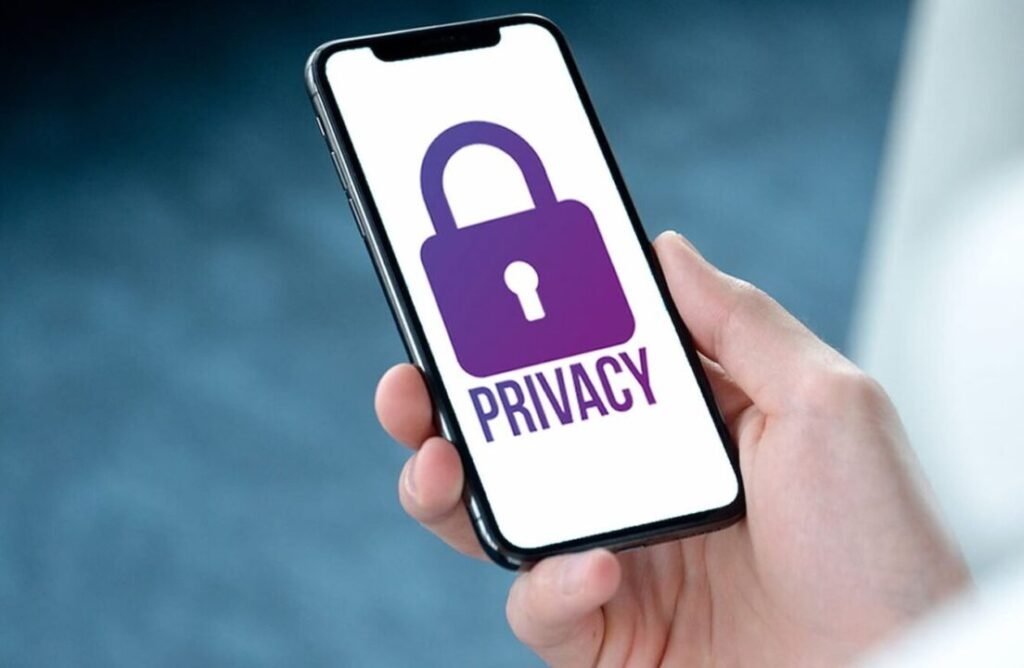The rise of surveillance apps has introduced a new dynamic in personal relationships.
Promising to detect infidelity, these tools raise critical questions about the balance between trust and privacy.
Here, we explore the ethical and emotional landscapes shaped by these digital interventions, considering how they affect the foundations of love and commitment.
Justifying Surveillance: When Is It Right?

The proponents of these apps often argue from a point of emotional safety and mental health.
For someone tormented by suspicions of infidelity, not knowing can be far more damaging than discovering an unpleasant truth.
The stress, anxiety, and emotional turmoil associated with uncertainty can take a significant toll on one’s health and well-being. In this light, using an app to find out if a partner is cheating could be seen as a measure of self-protection.
Case Study: A Testimony of Relief
Consider the case of Emma (name changed for privacy), who suspected her partner of infidelity after noticing shifts in his behavior. After using a tracking app, she discovered her suspicions were unfounded.
The relief she felt after confirming her partner’s fidelity restored peace to her life and relationship. Stories like Emma’s highlight how such tools can potentially safeguard against the psychological distress of doubt, offering a pathway back to trust.
The Slippery Slope to Misuse
On the flip side, the misuse of surveillance technology can lead to severe consequences. The intrusion into one’s privacy without their consent is not only unethical but, in many jurisdictions, illegal. This invasive approach can irreparably damage relationships, leading to distrust and emotional harm, even if the initial suspicions prove baseless.
Legal Boundaries and Privacy Laws
It’s imperative to consider the legal implications of using surveillance apps. In many countries, spying on a partner without their consent can lead to legal penalties, including charges of stalking or invasion of privacy. This legal framework serves to protect individuals’ privacy and prevent abuse of surveillance technologies.
Societal Perspectives on Surveillance in Relationships
The societal view on the ethics of relationship surveillance is divided.
Some argue that the sanctity of personal privacy should be inviolable, while others believe that the potential benefits justify its use in certain contexts.
Cultural Variations
Attitudes towards surveillance in relationships can vary significantly across different cultures and demographics. In some cultures, such actions might be seen as a necessary part of protective familial structures, while in others, they are viewed as a gross violation of individual autonomy.
Expert Opinions
Psychologists and relationship experts often warn against the use of surveillance apps, suggesting that communication is a healthier and more effective means of resolving doubts.
Trust, once broken, is challenging to rebuild, and the use of surveillance technology can be seen as a clear indicator that trust has already been compromised.
Rebuilding Trust: Alternatives to Surveillance

Moving beyond the contentious use of surveillance apps, there are healthier ways to address issues of trust and fidelity in relationships.
Experts suggest several approaches that emphasize communication, transparency, and mutual respect, aiming to rebuild or strengthen trust without resorting to potentially harmful surveillance practices.
Open Communication: The First Line of Defense
The cornerstone of any strong relationship is open and honest communication. Instead of spying, partners should encourage an environment where they can freely discuss their fears, concerns, and insecurities.
Implementing Constructive Conversations
It involves setting aside dedicated times to talk, actively listening to each other, and approaching sensitive topics with empathy and without judgment. This method not only helps in clearing misunderstandings but also strengthens the bond between partners by fostering a deeper understanding.
Counseling: A Professional Approach
For couples struggling with trust issues, professional counseling can offer a guided path to recovery. Couple’s therapy provides a safe space to explore issues affecting the relationship and develop strategies to overcome them.
The Role of Relationship Counselors
Counselors can help identify the root causes of distrust and guide couples through the process of healing. Through sessions that focus on building trust and improving communication, many couples find a new, stronger foundation for their relationship.
Technology for Transparency
Interestingly, technology can also play a positive role in enhancing relationship transparency. Apps designed to improve couple’s communication and manage joint tasks, like shared calendars and messaging apps, can help maintain an open line of dialogue and mutual understanding.
Apps That Foster Connection
For example, apps like ‘Couple’ or ‘Between’ provide platforms for couples to share calendars, photos, and notes privately. These tools can help maintain closeness, especially for those in long-distance relationships or busy schedules, without encroaching on personal privacy.
The Ethics Revisited: A Balanced View
While the use of surveillance apps can provide answers, it often does so at the expense of personal ethics and legal risks.
A balanced approach, focusing on healing and open dialogue, is more likely to result in a sustainable and healthy relationship.
Trust, once breached by surveillance, might be difficult to fully restore. Thus, alternatives that foster transparency and understanding should be prioritized.
This shift from surveillance to communication represents a broader move towards valuing emotional connections and mutual respect over control and doubt in relationships.
By embracing these alternatives, couples can navigate the challenges of fidelity with dignity and respect for each other’s privacy and autonomy.
What’s Next
It is clear that the intersection of technology, trust, and personal relationships will continue to evolve. This final section examines the future implications of this interplay and how emerging technologies might shape romantic relationships.
The Advancement of AI in Relationship Management
Artificial intelligence (AI) is set to play an increasingly significant role in how couples manage their relationships. From AI-driven apps that suggest relationship-enhancing activities to algorithms that help resolve conflicts by analyzing communication patterns, the potential for technology to support relationships is vast.
AI as a Mediator
Imagine an AI tool that could analyze the tone and content of conversations to provide real-time suggestions for more constructive communication. Such technology could help couples understand each other better and resolve conflicts more effectively, reducing misunderstandings and enhancing emotional connections.
Virtual Reality: The Next Frontier in Relationship Enrichment
Virtual reality (VR) offers another intriguing possibility.
VR could create shared experiences for couples in long-distance relationships, allowing them to connect in a virtual space that mimics physical presence.
Whether it’s a virtual date night or a simulated walk on the beach, these experiences could deepen bonds and make geographical distance less of a barrier.
Ethical Considerations of Emerging Tech
As with any technology, the ethical implications of AI and VR in relationships must be carefully considered. Issues around consent, privacy, and the potential for misuse need to be addressed to ensure these technologies enhance rather than harm relationships.
Surveillance vs. Support

The choice between using technology for surveillance or support in relationships often boils down to the foundational values of trust and respect.
As technology becomes more embedded in our lives, it is crucial that we choose paths that foster positive and supportive interactions rather than invasive and mistrustful ones.
Building a Future on Transparency and Trust
The future of relationships in the digital age holds great promise if we can balance the use of technology with the need for genuine connection.
By choosing tools that enhance communication and understanding, couples can build stronger, more resilient relationships that are equipped to handle the challenges of the modern world.
Epilogue
As you can see, it is clear that while technology offers powerful tools, the human elements of trust, respect, and communication remain paramount.
The best way forward is to use technology responsibly—supporting connections rather than undermining them.
While apps that help determine if a partner is cheating can provide quick answers, they also raise significant ethical, legal, and relational concerns. Alternatives such as open communication, counseling, and supportive technologies offer a more sustainable path to maintaining trust and intimacy.
As we look to the future, let us choose technologies that enhance rather than compromise our human connections, ensuring that our relationships continue to grow stronger in an increasingly digital world.
